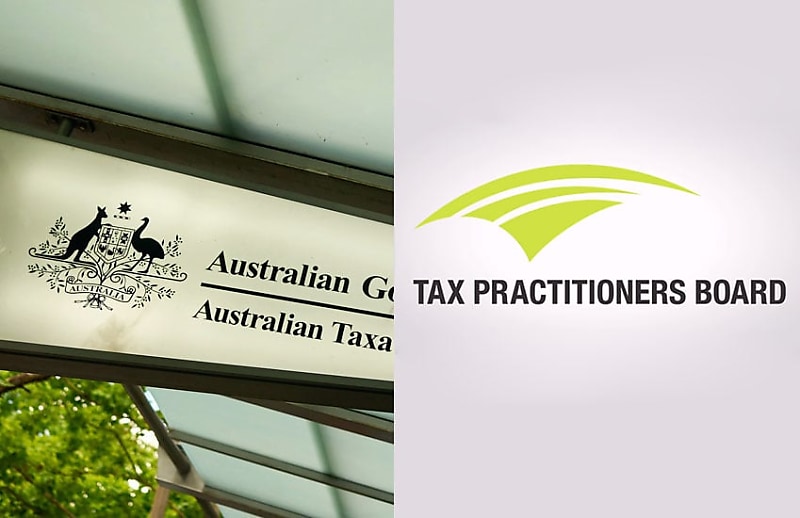Treasury has proposed giving the ATO the power to issue notices to produce documents or give information in its investigations for tax-related criminal offences in a recent consultation.
The government released a consultation paper late last week examining the ATO and Tax Practitioners Board's (TPB) information-gathering powers and whether improvements need to be made.
The consultation paper noted that the disclosure of confidential information by PwC exposed limitations in the current regulatory framework which need to be rectified.
The paper stated that while the ATO’s existing formal powers for conducting civil and administrative investigations were broadly fit for purpose, the regulator could be given increased powers for criminal investigations.
While the ATO conducts its own criminal investigations, it must rely in part on other law enforcement agencies to obtain search warrants, exercise other information-gathering powers on banks and other third parties, or access telecommunications data.
During the 2022–23 financial year, the ATO sought AFP assistance to execute more than 100 search warrants.
“This required the ATO to work with the AFP to negotiate and coordinate the involvement of serving AFP members and plan the investigative scope and timing in addition to resource availability, while balancing ongoing AFP investigations,” the consultation paper said.
“This represents a significant administrative burden on both the ATO and the AFP.”
The consultation paper said that prompt prosecution of tax offences relies on the timely collection and corroboration of evidence.
“This information is often critical to building prosecution cases with a reasonable prospect of conviction,” it said.
“While the ATO can independently investigate criminal matters, it does not have the necessary formal information gathering powers to effectively investigate these matters and gather potentially important information in a timely manner. It must either engage the AFP or state or territory police to support its investigation.”
Treasury has proposed that the ATO be given information-gathering powers to issue notices to produce documents or information for ATO investigations into tax-related criminal offences. This would include prescribed taxation offences, other taxation offences and serious taxation crimes.
“The notice to produce would allow the ATO to require a person to produce information or documents during a criminal investigation,” the paper said.
Under the proposed changes, the commissioner would have the authority to issue notices, which the commissioner is expected to delegate to certain senior ATO officers
“Notices could only be issued in circumstances where the Commissioner or his or her delegate reasonably believes the person can provide information, or has custody or control of documents, which would assist the ATO in its investigation of tax-related criminal offences,” the paper said.
Legal protections of legal professional privilege and the privilege against self-incrimination would be available to be exercised by respondents when presented with a notice to produce for an investigation into tax-related criminal offences.
Failure to comply with the notice would attract a maximum penalty of 6 months imprisonment, a 30-penalty unit fine, or both.
“Any information obtained under the power would be subject to the tax secrecy regime in the TAA 1953, and the ATO could only share the information to the extent that an authorised disclosure category applies,” the paper said.
Treasury said the government should also consider enabling the ATO to access telecommunications data and stored communications, as part of the framework that exists for other law enforcement agencies and as part of its reforms to electronic surveillance laws.
“In an increasingly digital environment, telecommunications data and stored communications can play a significant role in supporting the ATO’s timely investigation of frauds being committed against the tax and superannuation systems,” the paper said.
“For example, telecommunications data can enable the ATO to make critical links between electronic devices and the commission of an offence.”
The paper has also proposed that the TPB be permitted to use its information-gathering power to require the production of a document without the need to commence a formal investigation.
The TPB has previously raised concerns that its inability to use information-gathering powers without first initiating a formal investigation impacts its ability to investigate alleged misconduct.
“The information available to the TPB when assessing whether to pursue an investigation is usually limited [such as] information provided by a complainant or through sharing of protected information from the ATO,” the paper said.
“In circumstances where the TPB is considering an investigation, and is unable to obtain information voluntarily, the TPB may not be able to clearly assess whether an investigation is warranted, or have the minimum information required to commence an investigation.”
The ability of the TPB to require the production of documents without commenting on an investigation would enhance the TPB’s ability to assess the available information and identify relevant entities to determine whether to commence a formal investigation, the paper said.
“The use of the TPB’s broader information gathering powers such as requiring a person to attend and give evidence would continue to be triggered through the commencement of a formal investigation,” it said.
“This proposed approach is consistent with the powers of other regulators such as ASIC, whose power to compel the production of documents plays a critical role in supporting an assessment of whether to commence a formal investigation.”
The government is seeking stakeholder feedback on the proposals up until 31 May 2024.

 Login
Login








You are not authorised to post comments.
Comments will undergo moderation before they get published.